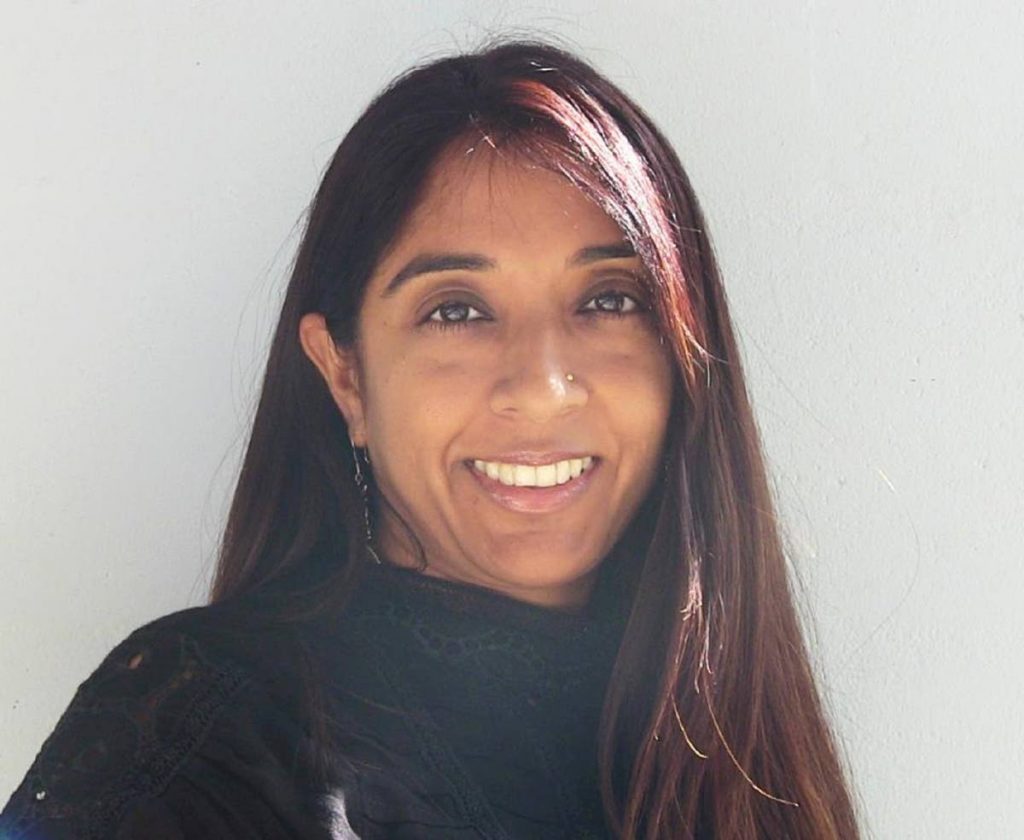Bridging divides with hope

DR GABRIELLE HOSEIN
OUT ON the streets, they call it murder.
Yet, authorities have been deafeningly silent on state violence as the real destruction of law and order. Meanwhile, criminalised and predominantly Afro-Trinidadian communities led the nation in decrying unjust state killings, even as their insistence on all citizens’ rights and humanity was met with tear gas and live bullets.
Seeing mistrust on all sides, I’ve wondered where we find common ground in the midst of national divisions of class, race, geography and party. Thinking even of my own analysis, I asked Akosua Edwards and Nichola Harvey-Mitchell, women recently appointed to lead an official response, what words might bridge those divides with hope.
Akosua responded, “My hope lies in seeing the wider community recognise that we cannot enjoy a decent life in Trinidad and Tobago if so many of our communities feel as if they are ignored.
“The other feeling of hope comes from seeing the talent, potential, heart, fight, the warriors and the longing coming from the members of the community. I know and have seen those who are willing to show up, to lead, to shift. They are there. They can do more with the right support and tools.
“The young warriors are now saying we are no longer accepting victimhood or accepting the stories that we have been hearing about ourselves, we want to create our own story and we are asking for support. If you are unwilling to support us, we will find a way and that way may involve some uncomfortable situations and truths.
“I am hopeful because many of who I call the warriors on the ground want to live a life of dignity and self-respect right here in Trinidad and Tobago. Let’s tap into this want. This moment is urgent and my hope comes from the fact that our responses will be from a space of being grounded and being ready to listen and act. This is not an event; this is a process. A process takes time and support.”
Nichola agreed, “We cannot give up on the young people, the community and the country. We have created and can nurture confident, competent, empowered youth leaders who know their skills, ability and potential. They may question whether they are smart because they didn’t go to the best school, but when you give their raw talent an opportunity to shine, we know that they can be great.
“The people who are protesting must be given an opportunity to express their frustration, but the solution must come in a structured way with timelines and expectations. Others must be patient, because it takes time to transition and we are all humans with different backgrounds, history and environments to live in. You never know until you walk in someone else’s shoes.
“After we empower children, how do we get them jobs? Change is not immediate. We have to be there for the long haul and sustainability. We need an agreement on what Trinidad and Tobago looks like for all of us, a common vision that keeps us together. As a country we need to have tolerance and patience to make the changes we want to see.”
Tolerance, patience and truth. Dr Rowley blamed 2004 when he was criticised for channelling state funds to “young Africans” and he blamed LifeSport, both of which pointed fingers at the UNC. He didn’t mention that, since the 1961 crash programme, these communities have been subdued by police and kept as dependent safe seats.
He side-stepped how hyper-inflation of CEPEP and URP budgets under Patrick Manning funnelled increased income for illegal guns, and how militarisation of policing, begun from 2002, set the turn to excessive force today. He was silent on Minister Imbert’s defunding of the Citizen Security Programme, which was effectively facilitating greater peace.
These are not under-resourced communities, at least not in comparison to vast swathes of the country, including much of rural Trinidad. However, over decades, money was disbursed in ways that didn’t adequately address trauma, strengthen community autonomy, create the schools that children need, and provide sustainable alternatives to gangs. On the one hand, police violence was the trigger last week. On the other, there have been decades of harm.
With power presenting one reality and the disadvantaged retaliating against another, truth and decency mean that it matters who and what we believe. This generation needs alternatives to deep divisions, and more honest political narratives. If such moral outcry is to matter to us all, hope is necessary.
Diary of a mothering worker
Dr Gabrielle Jamela Hosein
motheringworker@gmail.com
Entry 382


Comments
"Bridging divides with hope"